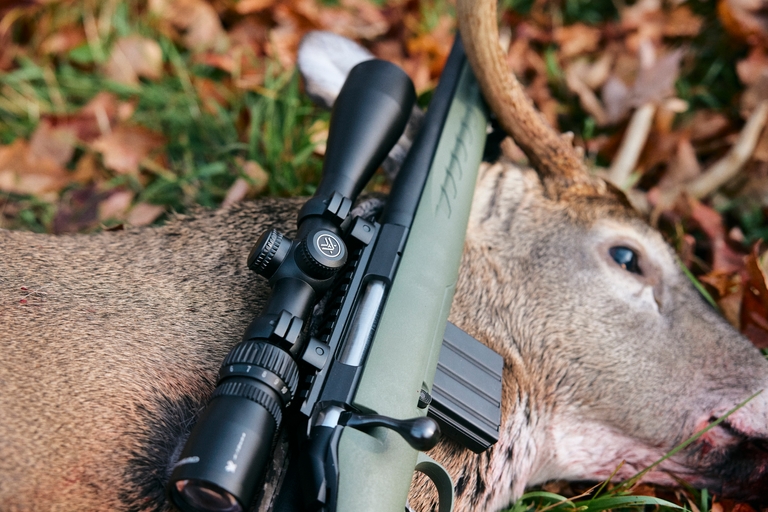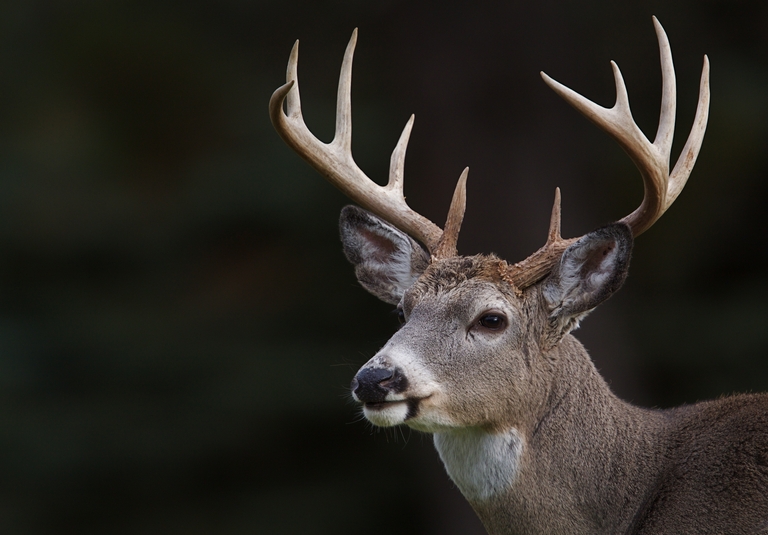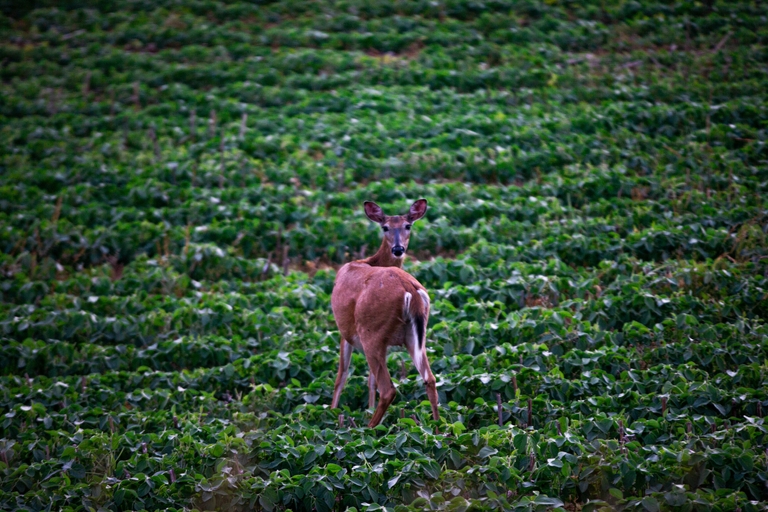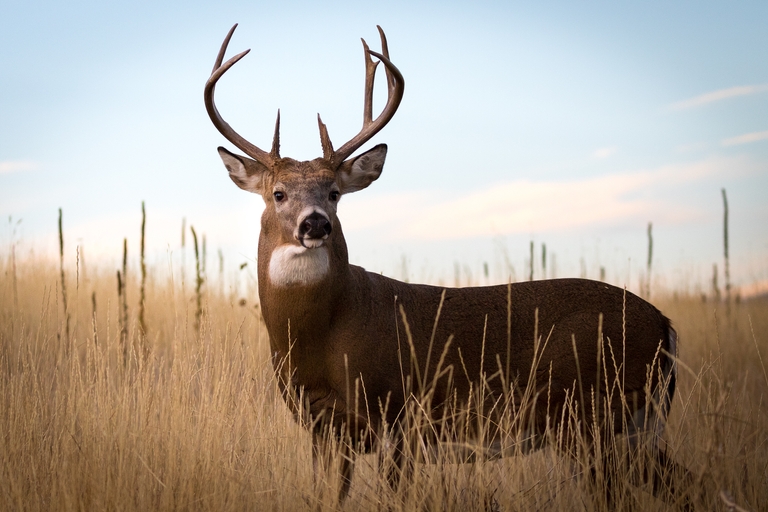Plan Your Hunt: Exploring the Different Types of Hunting Leases
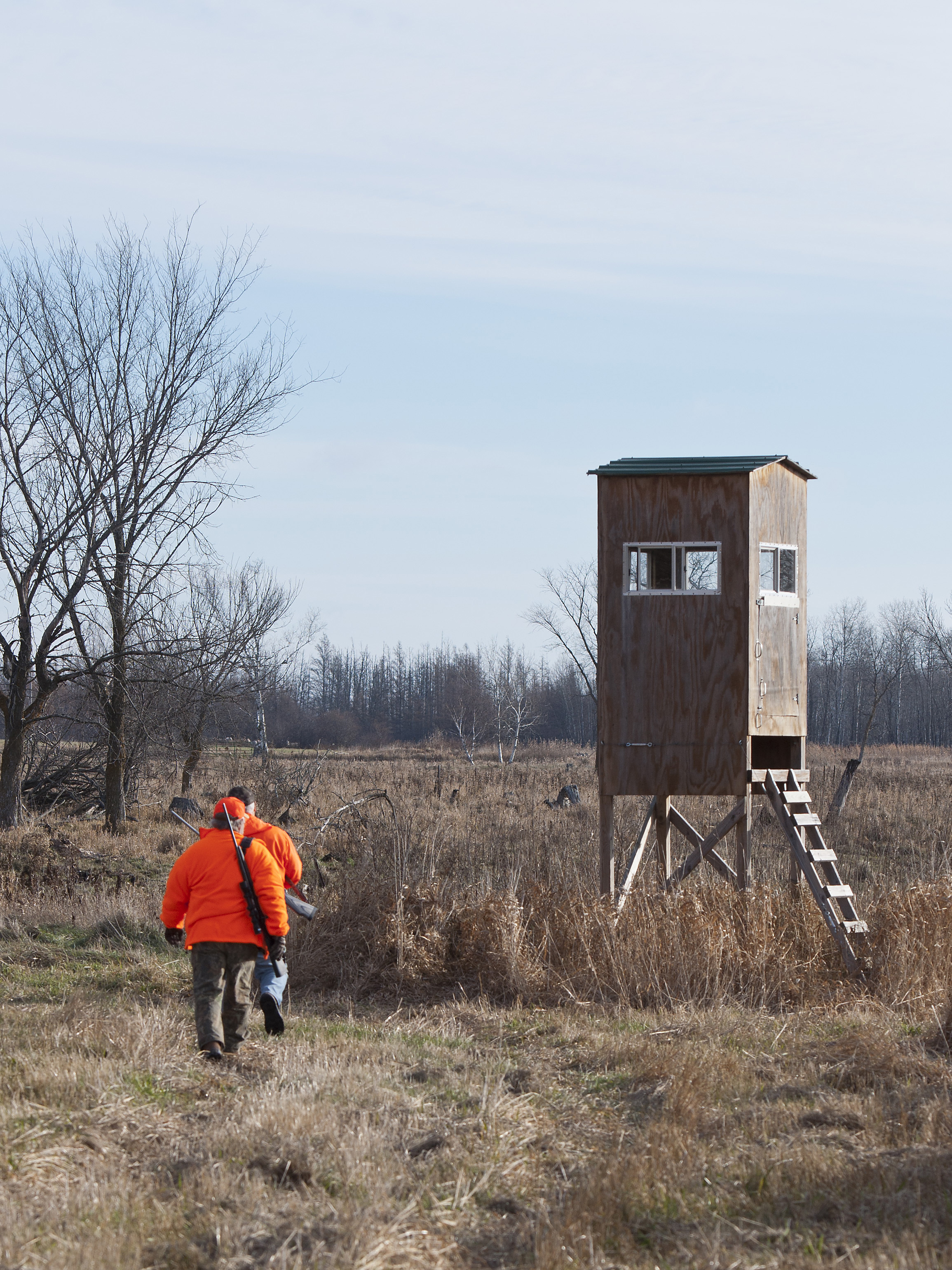
Sometime this past spring, you probably had a vivid dream of a hunting trip during which you shot a huge, cunning 8-point buck after two days of patience and intensive tracking. The shot was through the lungs – a perfect and clean kill.
With family members by your side, you struck poses by your trophy to commemorate the moment. The congratulations and smiles were so great you could feel the euphoria pulsing through you.
Then . . . you woke up with cold beads of sweat forming around your temples, your heart pounding, and one question gnawing at you: Where am I going to hunt this fall?
If you have your own land or live near large tracts of national forest, this dream-turned-nightmare never happened. However, "Where can I hunt this season?" is a recurring question for many hunters.
Before you miss out on another season (or that 8-point buck of your dreams), read our insights into hunting leases, how they work, and how they could be a good solution to help you tag out each season.

Public and Private Land Options
Public lands are often a hunter's first choice, but it's no longer certain that hunters will have access to them during hunting season.
Another option is private land. Having a friend or acquaintance with land is great, and best of all, it typically costs very little to nothing for the privilege of hunting there. However, it doesn't mean that you're guaranteed a place to hunt because, as you know, "things" can come up.
So, more and more, people are turning to hunting leases or other paid options from landowners who want to make a little money from their resources after crop season has ended. However, finding reputable and fair leases can be a difficult process.
So, we've gathered some information that should help you on your next search for the perfect hunting spot.
Hunting as a Favor for Private Landowners
They say nothing in life is free. There isn't much to say otherwise, but hunting as a favor to a landowner is as close as it gets.
Once you move beyond the suburbs and into the rural areas of the country, you'll find plenty of property owners with acres of land between one house and the next. If you thought mowing the yard every week was difficult, try keeping up with rambunctious wild pigs that destroy property and deer with insatiable appetites attacking your crops.
It's a lot to manage, and some residents employ hunters to tame the wildlife populations that threaten their property. You'd be surprised how many farmers are not hunters.
The exchange is simple. The hunter patrols the land and has the opportunity to take some of the wild game. The landowner receives protection and damage control – and, if you're smart, a gift of game meat, sausage . . . and perhaps a bottle of Kentucky's finest at Christmas as a "thank you" for the opportunity to hunt on their land.
However, these opportunities are rare. It will take time and effort to develop the right type of relationship. If you find a landowner open to the idea, don't be offended if they take certain precautions or have specific requirements for hunting on their land. They are, after all, trying to protect their investment.
Hunting Leases Help Landowners and Hunters
If public land is out of the question and you're short on friends, a hunting lease is the next most accessible option. Private land leases are great secondary sources of income for landowners, not to mention a way to manage the carrying capacity of the land.
Landowners can define the lease details for their property. These details can include:
- What game is available
- What types of hunting are allowed (bow, gun, etc.)
- The hunting area
- How many hunters are allowed
- Upfront cost and kill fees
- Duration of the lease
- Accommodations
- Transportation
- The use of hunting dogs
- Other amenities
We'll discuss four main types of leases next. Depending on your needs or plans, you can likely find a lease that helps you get out in the field each season.
Daily Leases
If you're looking for a quick, one-off hunting trip, a daily lease will be your best bet. However, it doesn't give you much time to scout the area, which lowers your chances of a successful hunt.
Landowners may remedy this by offering guides or hunting dogs to help you make the most of your time with a daily lease. You could also use an app like HuntWise to e-scout the land before your day in the field.
Depending on the hunter, the season, and the land, prices for a daily hunting lease can range from $40 to $4,500 per hunter, with property sizes ranging from tens to thousands of acres.
The most important thing to consider with daily lease options is how many hunters could be on the land at the same time. An area can only support so many hunters. For example, hunting on 23,000 acres sounds like an unlimited opportunity, but if you're competing with 120 other hunters in 13 hours, the odds may not be in your favor.
Seasonal Leases
Also known as short-term leases, these leases allow hunters more time on the land. The explicit timeframe is determined by the landowner and can be a week or longer.
With longer visits, some hunters can anticipate accommodations or at least campsites on the property, but it's not always a given.
For landowners, the longer the hunter is on the property, the more trust is involved. Take the time to develop the relationship so that it can be used for more than one season.
How much does a seasonal hunting lease cost? In Texas, for example, seasonal lease prices can range from $200 to $12,000 per hunter on 50 to 15,000 acres.
Yearly Leases
Avid hunters will be most interested in year-round leases, but they also require considerably more commitment from the hunter and trust from the landowner.
For a group of dedicated hunters, yearly leases provide substantial benefits – namely, not having to worry about your next hunting spot for an entire year and the ability to improve your odds of success by scouting and setting up multiple stands.
You can set your strategy in motion months before a season opens. As the hunter, you become just as invested in the health of the land as the owner.
Prices for yearlong leases can run from $580 to $7,000 per hunter on tens to tens of thousands of acres.
Hunting Clubs
Finding a suitable place to hunt can take a lot of legwork, and many hunters simply don't have time for that. Hunting clubs are the stop-gap between hunters and landowners.
Not only do they establish the relationship with the landowner, they also provide liability insurance. This can be a huge relief for a property owner.
Hunting clubs also provide several amenities, sometimes including multiple properties under the same umbrella. However, the downsides are that you won't always know who you're hunting with and a property can be over-crowded.
To combat this, multi-state hunting services, like Hunting Sports Plus, provide hunters access to private lands in multiple states. Missouri-based HSP is an affiliate of the American Wildlife Association, which gives members access to more than 250,000 acres in states across the nation. Its members also enjoy exclusive rights to the property for a desired amount of time. Prices are need-based, but if you're a bargain shopper, this could work in your favor.
Before hunting season opens, research your options before deciding on a lease. Not every property is suitable for every hunter, so make sure you choose a spot with lease requirements that give you the best chance of getting that buck.
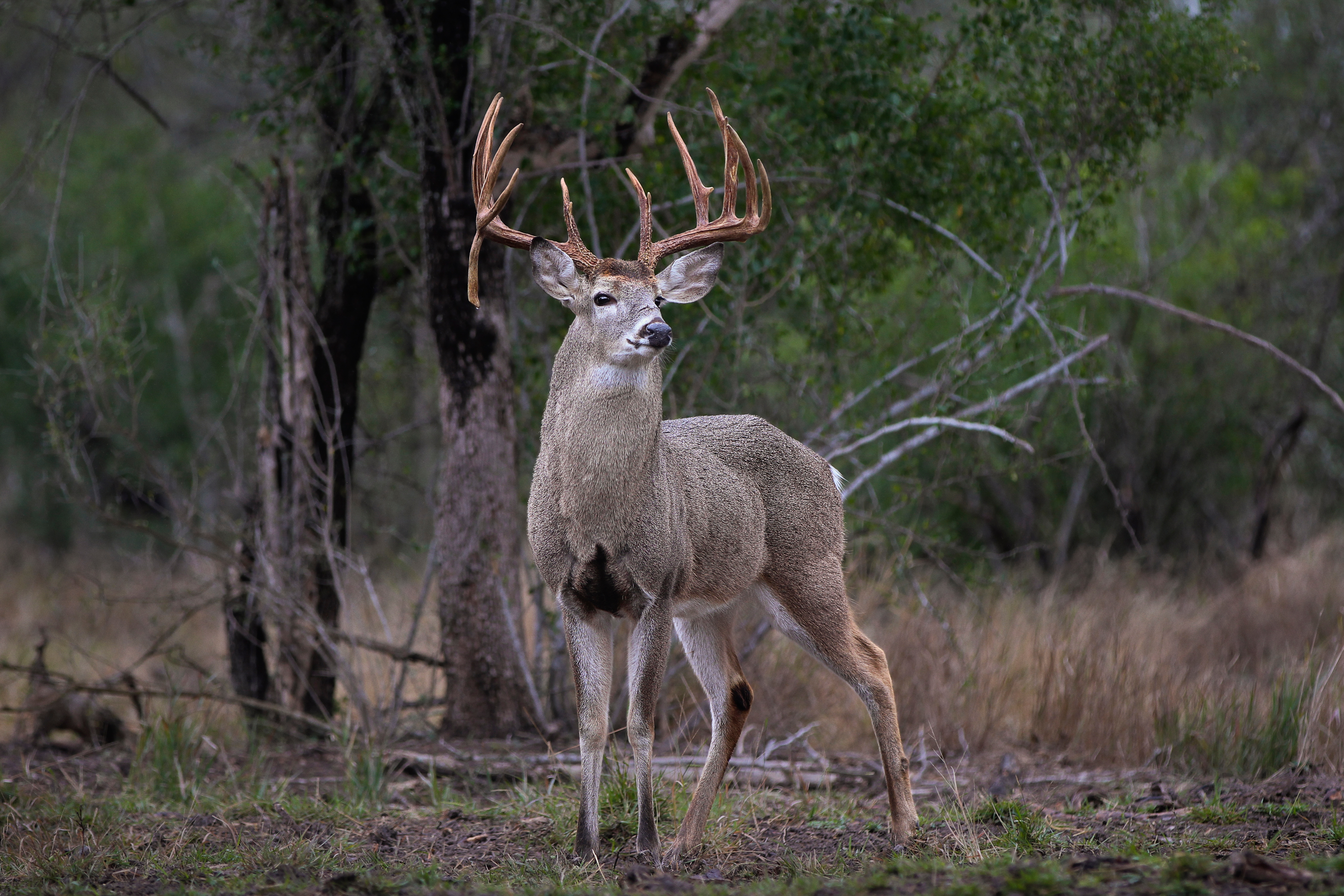
Be Ready for Your Next Hunt (and Buck) With Hunter-Ed
Nothing could be worse for a hunter than finding a great spot and securing a lease but not having a required hunting education certification when it's time to hit the field!
To avoid watching this hunting season from the couch, plan your trips early in the year and make sure you've passed your state's required hunter education course before your lease dates come up. With Hunter-Ed, you can learn crucial safety tips and ensure a more successful accident-free hunt. Find the course for your state and get certified before your next hunt!
Originally published November 20, 2013. Content updated November 23, 2023.

